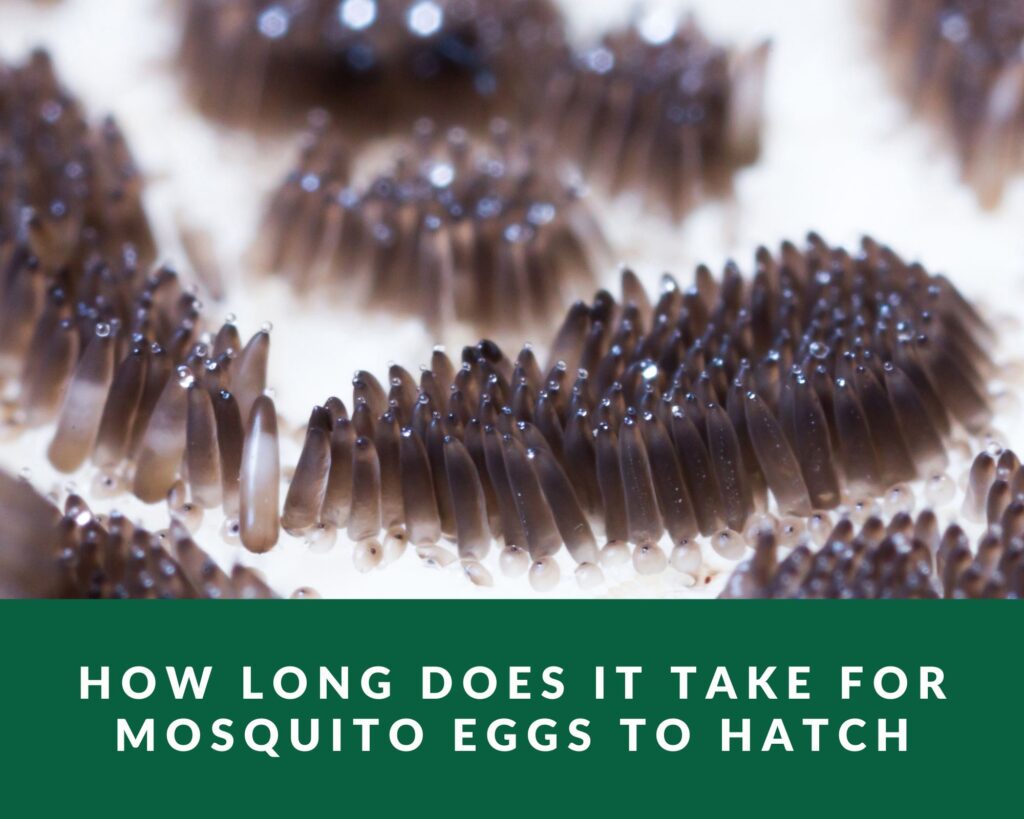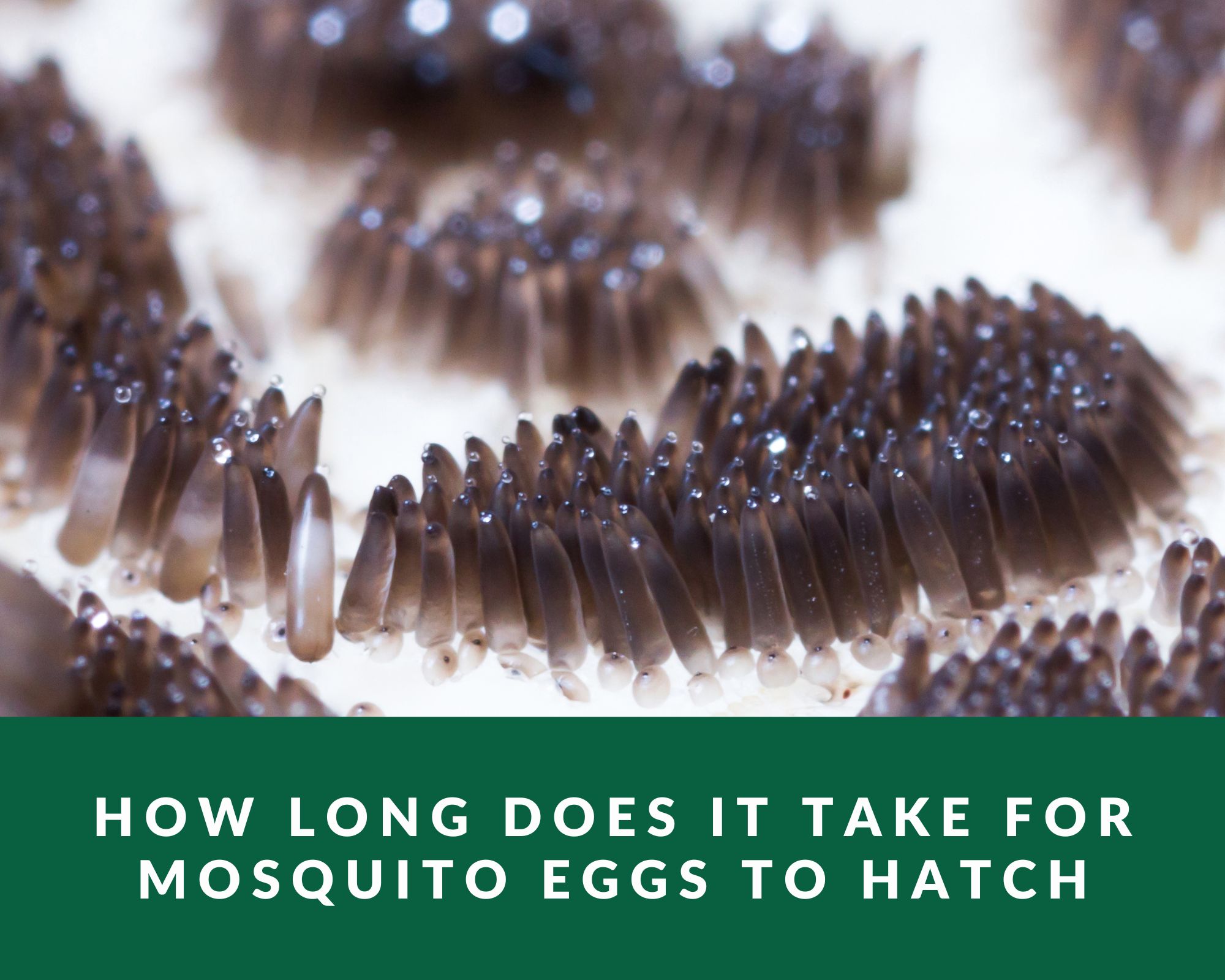
The diseases that mosquitoes potentially transmit can make people sick and perhaps die. The timeline for mosquito eggs to hatch is outlined in the information below. In addition to spreading diseases, mosquitoes may spoil outdoor activities like hunting and sports, as well as be a huge nuisance for rural residents.
In dire circumstances, populations of some flood-water mosquito species can endanger the lives of both domesticated animals and wild animals.
Mosquito Life Cycle
Although all mosquito species require stagnant water to reproduce, they can be found in a variety of settings. While certain mosquito species are classified as flood water mosquitoes because they reproduce in transient aquatic habitats, others are classified as permanent water mosquitoes because they do so in water bodies that are present over an extended length of time.
Since the development of other species has been so refined, they will only deposit eggs in natural or artificial containers Every mosquito has the same four-stage life cycle—egg, larva, pupa, and adult—with the larval and pupal stages always occurring in an aquatic environment. This is true regardless of the mosquito’s ideal breeding sites.
How long does it take mosquito egg to hatch
The female mosquito either lays her eggs one at a time or in interconnected groups known as rafts, based on the species. The eggs are either laid directly on the water’s surface, close to its borders, in tree holes, or in other places that are vulnerable to flooding from rain, irrigation, or other natural disasters.
Depending on the temperature, some species’ eggs may hatch within a few days of being laid. The precise time depends on the species. On the other hand, if the egg is laid outside of water and is periodically flooded, the embryo may remain dormant for a number of years before the perfect natural hatching circumstances are fulfilled.
Most often, mosquitoes overwinter in their egg stage, while some species can also survive winter as larvae or adults. The second process by which mosquitoes evolve is postponed hatching. Before they can hatch, latent eggs must encounter dryness.
How long does it take mosquito to hatch in other stages of their development
The larval stage
It takes 24 to 48 hours for eggs to develop into larvae. Larvae quickly reach a length of around 5 mm. The majority of larvae breathe using air passages. Infested waterways have larger larvae floating just above the surface. Typically, larvae and pupae can’t thrive without water. A water source’s larvae and pupae frequently perish if it drains before they develop into adult mosquitoes.
The Pupal Stage
Larvae transition into the pupal stage after seven to 10 days. On the surface of the breeding place, pupae can also be seen. A mosquito’s pupal case will eventually release the adult mosquito once it has reached full development.
A young adult stands in the water at this point and dries its wings in preparation for takeoff. After that, adult female mosquitoes would look for an animal to feast on. The females can lay more than 100 eggs at once and can travel distances if necessary
Adult Mosquitoes
Commonly, the adult male mosquito waits for the females near the nesting site after emerging first. After emergence, mating occurs quickly since adult mortality is high.
Male mosquitoes usually only live 6 to 7 days and solely consume plant nectar; they do not consume blood.
Females live for approximately 6 weeks on average, although they can thrive up to 5 months or more if they have access to enough food. The female typically needs to consume a blood meal in combination to plant nectar to sustain and grow her eggs.
We smell like a smorgasbord for mosquitoes because of the combination of the lactic acid in our perspiration and the carbon dioxide we exhale. Mosquitoes can detect these odors from a distance of 100 feet, as well as human body heat and motions.
The mouth parts required to sucking blood are only present in female mosquitoes. They pierce two tubes into the skin when they bite with their proboscis; one acts as an anticoagulant to keep the blood from flowing backward and as a mild painkiller to help them avoid detection, while the other aids in sucking blood. The blood is used by them as a source of protein for their eggs rather than for their own nutrition. Both sexes use nectar as well as other plant sugars as nourishment.
Conclusion
A tremendous amount of life is packed into a short amount of time by mosquitoes. Although they may bite you and bother you, their primary objective is actually reproduction. The majority of a mosquito’s life is spent growing, despite the fact that most species only have a short lifespan.
Learn how our mosquito control service will allow you and your family to spend more time outside.
Other Related Articles

